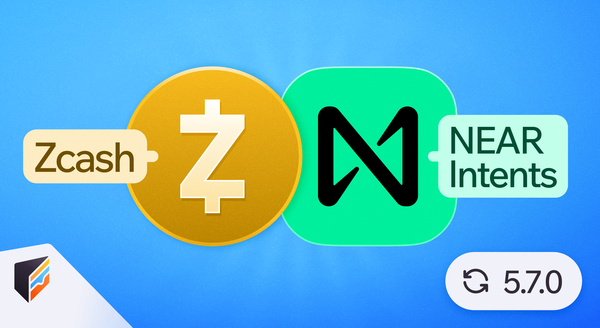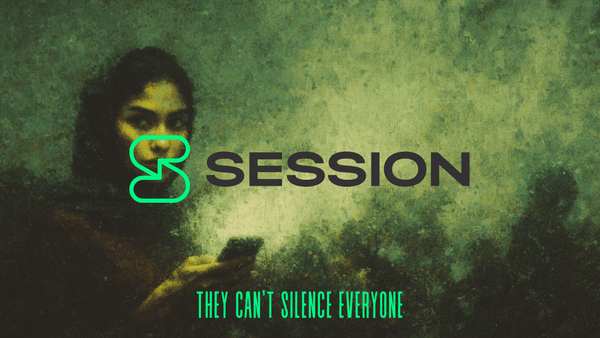Nous Research Summons Psyche to Battle Silicon Valley's AI Dragons
While OpenAI and Anthropic fight over who can build the most restrictive walled garden, a team of AI rebels has quietly assembled the digital equivalent of a nuclear arsenal in plain sight.

Nous Research just dropped Psyche – a decentralized training network that could fundamentally alter who gets to build the future of artificial intelligence.
Decentralization isn't just a buzzword here. It's the whole damn point.
Currently the AI space looks like a medieval fiefdom, a handful of tech barons controlling vast computation resources while the peasants make do with whatever pre-approved models trickle down from on high. Want to train your own powerful model? Better have a few hundred million in VC funding or cozy up to one of the tech giants.
Nous is flipping that script entirely.
Their Psyche network, launched May 14th on testnet, coordinates distributed GPUs over a custom peer-to-peer stack running their breakthrough DisTrO optimizer. If you're not familiar with DisTrO, it's the secret sauce that solves the bandwidth bottleneck that previously made distributed training impractical – reducing data transfer requirements by several orders of magnitude.
Announcing the launch of Psychehttps://t.co/h2UecWzbEX
— Nous Research (@NousResearch) May 14, 2025
Nous Research is democratizing the development of Artificial Intelligence. Today, we’re embarking on our greatest effort to date to make that mission a reality: The Psyche Network
Psyche is a decentralized training… pic.twitter.com/SD8tgg7ntl
The technical achievement here is substantial, but the implications are far more profound. With Psyche, AI development breaks free from the centralized data centers of Silicon Valley and into the hands of... well, whoever wants it.
To kick things off, they're training a 40B parameter language model using their network – a model powerful enough to serve as the foundation for advanced reasoning and creative applications, yet compact enough to run on consumer hardware like a 3090 GPU. This represents the largest pre-training run conducted over the internet to date, using a dataset comprising FineWeb (14T tokens), FineWeb-2 (4T tokens), and The Stack v2 (1T tokens).
What's especially interesting is their choice of architecture – they're using MLA (Multi-head Latent Attention), which research shows is more expressive than the GQA architecture used in models like Meta's Llama. The model is being trained continuously without a final "annealing" step, resulting in what they call a "true unaltered base model" – essentially preserving its raw capabilities without the guardrails typically added during fine-tuning.
All of this while running on infrastructure coordinated via the Solana blockchain. The crypto-AI convergence that many of us have been predicting for years is finally taking coherent shape.
Is this a direct challenge to the AI establishment? Absolutely. But it's more than that, it's a fundamental rethinking of who gets to participate in AI development. The centralized model of AI training isn't just exclusionary, it's inefficient. Enormous amounts of computing power sit idle worldwide, from gaming rigs powered down during work hours to university clusters between semesters.
Nous received a $50 million investment from Paradigm last month, valuing the company at $1 billion. That's impressive for a startup, but it's pocket change compared to the billions flowing into OpenAI, Anthropic, and other centralized AI labs. The fact that they've managed to build something that could credibly challenge models from much better-funded competitors speaks volumes about the efficiency of their approach.
The really fascinating part? This is just the beginning. Nous plans to expand Psyche to include supervised fine-tuning, reinforcement learning workloads, inference, and "other parallelizable workloads in the creation and serving of AI." They're also promising to draw model ideas from the community via their forum and Discord – a stark contrast to the closed development processes of the major labs.
For years, the AI revolution has been happening behind closed doors, led by an increasingly small and homogeneous group of researchers and engineers with access to the necessary compute resources. Nous is kicking those doors open. The implications go far beyond just who gets to build models, this directly impacts what kinds of models get built, what values they embody, and ultimately, what kind of future they help create.
Right now, compute on the Psyche network needs to be trusted and approved, but Nous plans to eventually support trustless, community-owned compute resources. In the meantime, open source enthusiasts can contribute via their mining pool, with more nodes being onboarded in the coming weeks.
The AI revolution may have started in closed labs with billion-dollar budgets, but if Nous has its way, it won't stay there. The architecture they've built, with DisTrO's efficient optimization at its core and peer-to-peer networking coordinated via blockchain, creates the foundation for truly democratized AI development.
While the AI oligopoly, OpenAI, Anthropic, and their Microsoft/Amazon puppet masters tightens its grip, Nous is cracking open the future. They're building toward a world where the next breakthrough AI innovation could come from anywhere, a university lab in Bangalore, a co-op of independent researchers, or even a talented kid with access to some idle GPUs.
That's a future worth getting excited about.








